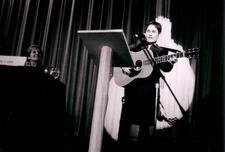Activism: Feminism
Shulamith Firestone

Audrey Flack
The only female member of the founding group of photorealists, New York-born painter and sculptor Audrey Flack is especially recognized for the feminine content in her art. Her feminist sensibilities manifest in both her pioneering paintings, which often consider stereotypes of womanhood, and her sculptures, frequently depicting goddesses and other strong female figures. Flack’s work appears in prominent collections around the world.
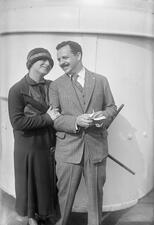
Doris Fleischman
Doris Fleischman made history as the first American married woman issued a passport under her own name. Her prolific writing career and public feminism brought her national recognition.
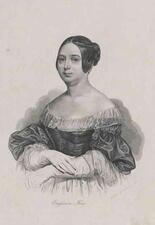
Eugénie Foa
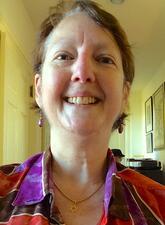
Ellen Frankel
Käte Frankenthal
A stubborn nonconformist from an early age, Käte Frankenthal was a physician and politician active in Germany’s Social Democratic Party. While running her own successful private practice, she was active in sex reform legislation and played a prominent role in the Federation of Women Physicians.
Henrietta Franklin
Henrietta Franklin (née Montagu) was a leading British educationist and suffragist and a supporter the Liberal Judaism movement, pioneered by her sister Lily Montagu.
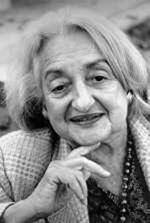
Betty Friedan

Marti Friedlander
London-born Marti Friedlander migrated to New Zealand in 1958. She became one of the country’s most outstanding and influential photographers in portraiture, photo-journalism, photo-books, and “street” photography. Her photographs still live vigorous public lives in exhibitions, books, and periodicals published after her death.
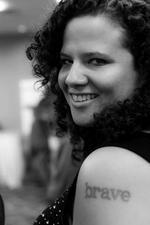
Jaclyn Friedman
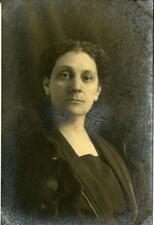
Ida Weis Friend
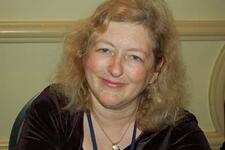
Esther Friesner
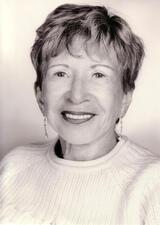
Sonia Pressman Fuentes
Sonia Pressman Fuentes, the first female attorney in the office of the general counsel of the Equal Employment Opportunity Commission, helped extend the Civil Rights Act’s protections of equal opportunity to all people regardless of gender.

Henriette Fürth
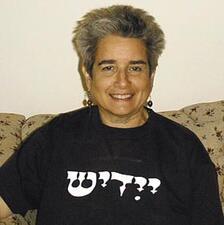
Vicki Gabriner
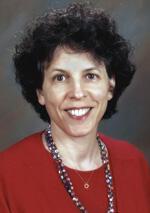
Laura Geller
Mary Gendler
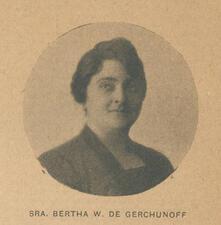
Berta Gerchunoff
Berta Wainstein de Gerchunoff was an Argentine socialist, feminist, and later Zionist leader. As President of the Argentine branch of WIZO, she led an exponential growth of women’s Zionist commitments all over Latin America.
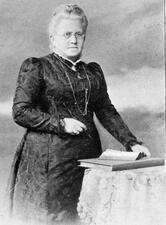
Germany: 1750-1945
The Jewish Reform movement did not liberate women from their subordinate religious status, and the nineteenth-century bourgeois German family ideal with its rigid gender roles soon eclipsed the fluid structure of premodern Jewish families. Jewish women were expected to transmit German bourgeois values while also shaping their children’s Jewish identity.
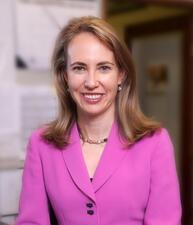
Gabrielle Giffords
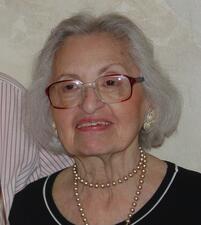
Doris Bauman Gold
Doris Bauman Gold was motivated by her long participation in Jewish organizational life to found Biblio Press, dedicated to educating Jewish women about their own history and accomplishments. Through Biblio Press, Gold published more than 27 general audience books that address and illuminate the culture, history, experiences, and spiritual yearnings of Jewish women.

Carrie Goldberg
Henriette Goldschmidt
At a time when women were banned from universities, Henriette Benas Goldschmidt championed women’s education as a crucial building block of a healthy society. She co-founded the General Association of German Women in 1865 and served on the association’s board until 1906, advocating women’s education for the betterment of society. In 1911 she created her crowning achievement, the Leipzig College for Women, Germany’s first women’s college.


